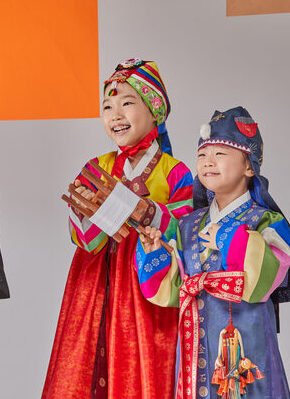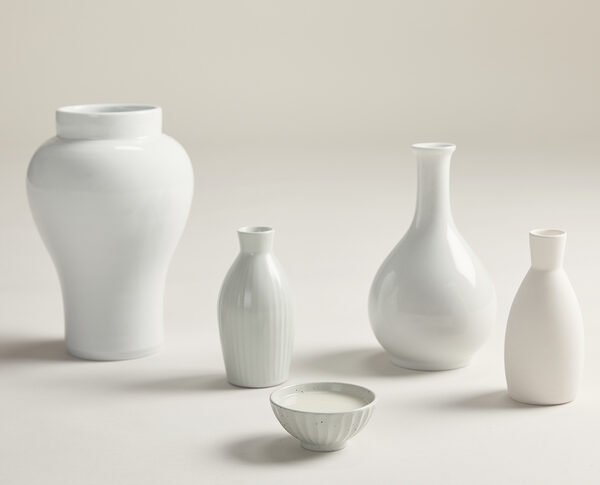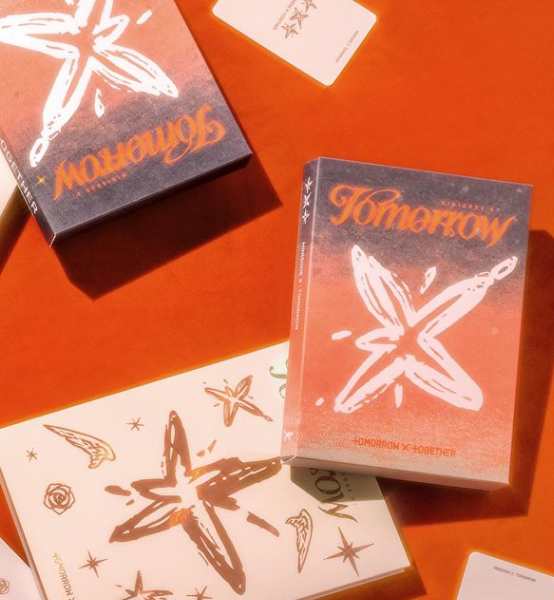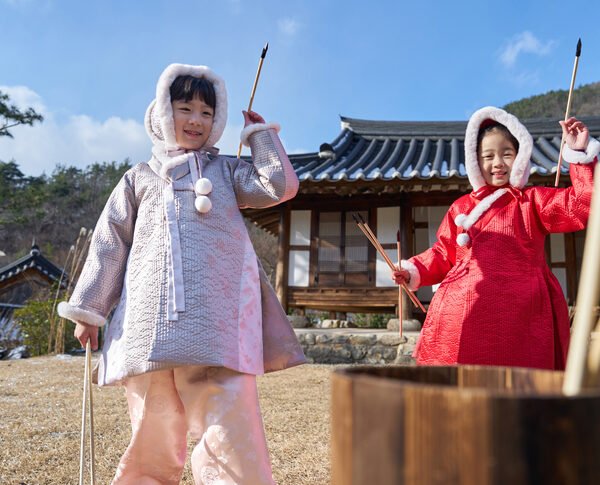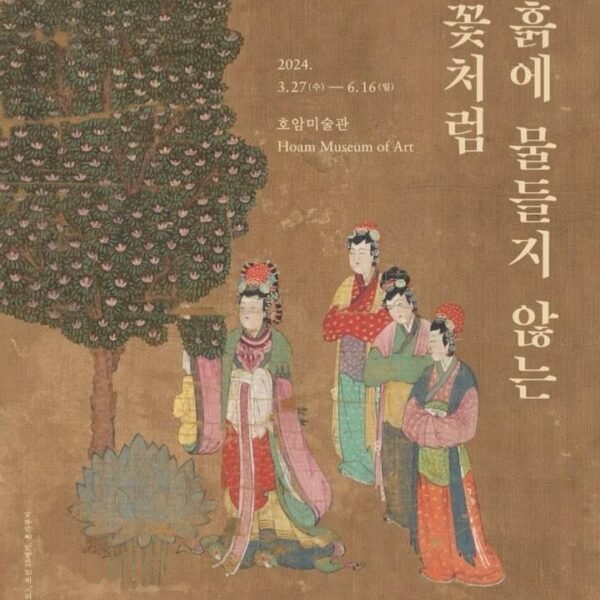Unveiling the Wisdom of Korean Proverbs: Exploring the Intricacies of “섣달그믐”
“섣달그믐” refers to the last day, new year’s eve of the lunar year.
In the rich tapestry of Korean culture, proverbs play a significant role in encapsulating the essence of wisdom and tradition. One such proverbial gem is “섣달그믐,” a phrase carrying profound meaning related to the end of the lunar year. In this article, we will unravel the layers of wisdom hidden within the following proverbs:
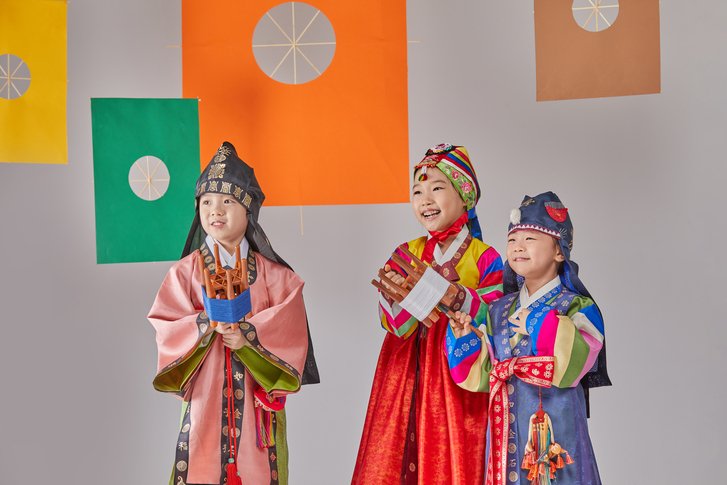
Unpacking the Korean Proverbs
1. 섣달그믐 날은 부지깽이도 꿈틀거린다.
On New Year’s Eve, even the poker wriggles.
This is a proverb that means that New Year’s Eve is very busy because there are not enough workers to prepare for the Lunar New Year.
부지깽이(bujikkaeng-i, poker) can be said to be an essential cooking utensil in a traditional home. A typical kitchen scene in the past was a black cauldron hanging in the furnace, and a 부지깽이 held in the woman’s right hand when the fire was lit. 부지깽이 constantly creates sparks, and on New Year’s Eve, there is no time to rest as people are busy preparing Lunar New Year food, so 부지깽이 is also busy. Here, the expression came out that as busy as 부지깽이 is, there are not enough workers.
Since the 부지깽이 is a tool that can both light and extinguish fire, it is closely related to fire and is sometimes given magical meaning. In the Honam region, it is believed that when a fire breaks out in a neighbor’s house, if you take a burnt stick or 부지깽이 and stick it in the front door of your house, it will stop burning because the fire has already started.
2. 섣달그믐날 개밥 퍼주듯 한다.
It’s like giving out dog food on New Year’s Eve.
It is a proverb that metaphorically refers to a case of giving away too much of something.
섣달 is the month that ends the year, so we do old sewing, get the year’s work done, and pay off all old debts. This proverb arose from the fact that the 섣달 is the end of the year, and it is used to mean that an old maid who has passed the year without being able to get married will give a lot of dog food out of frustration. Some people say that on New Year’s Eve, there is a lot to eat, so it is used to mean giving food to others generously, like giving a generous amount of dog food.
3. 섣달그믐날 시루 얻으러 간다.
On New Year’s Eve, I’m going to get some siru.
It is a proverb that means that it is foolish to strive for something that will not work.
New Year’s Eve is the day when every family makes rice cakes to eat on New Year’s Day, so it is not possible to rent a 떡시루(tteoksiru, rice cake steamer). The word comes from the meaning that it is foolish to work hard for something that will not work out, and in the same way, it means preparing in advance for farming work so as not to be in a hurry.
In our daily lives, we need the habit of preparing in advance for anything. If you fail to do so, not only can you cause inconvenience or damage to others, but if you do not prepare in advance for anything, you will often be caught off guard, so be careful.
There are several proverbs about 시루. There is one saying, ‘시루에 물 퍼붓기다’, which means that no matter how hard you try, nothing will come of it. And there is a saying, ‘시루에 물은 채워도 사람의 욕심은 못 채운다’, meaning that you can do all the impossible things in the world, but you cannot satisfy people’s greed. Also, there is a proverb that says, ‘No matter how easy something is, it won’t become yours if you don’t put in the effort.’
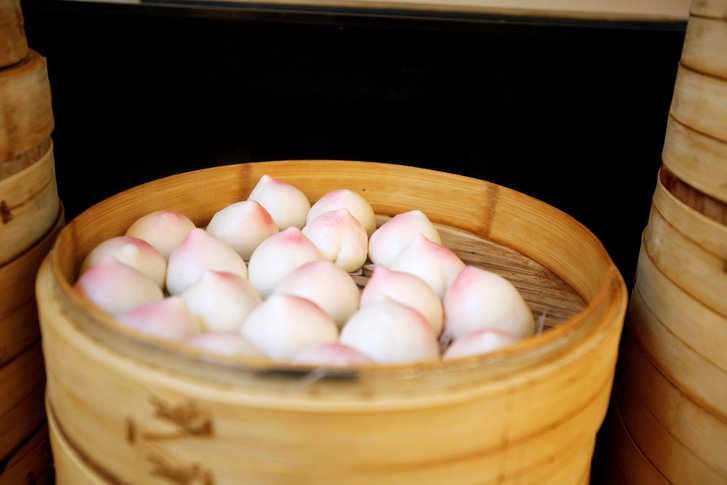
4. 섣달그믐날 흰떡 맞듯 한다.
It’s like kneading white rice cake on New Year’s Eve.
It is a proverb that means being beaten senselessly by someone.
On New Year’s Eve, in order to make rice cakes, people continue to beat the dough with a rice cake hammer without mercy. This is a proverb meaning that one gets a harsh beating like hitting a rice cake with a rice cake hammer.
There is a folk song from Gongju, South Chungcheong Province that tells the story of going to a bar with a lot of credit debt on New Year’s Eve and being slapped in the face by a torch demanding that the person pay the credit. Also, in [Chunhyangjeon(Korean old novel)], there is a passage in which the patient was so poor that he had no way to repay the money, so he was beaten like kneading white rice cake on New Year’s Eve. This situation was common to poor farmers in the past.
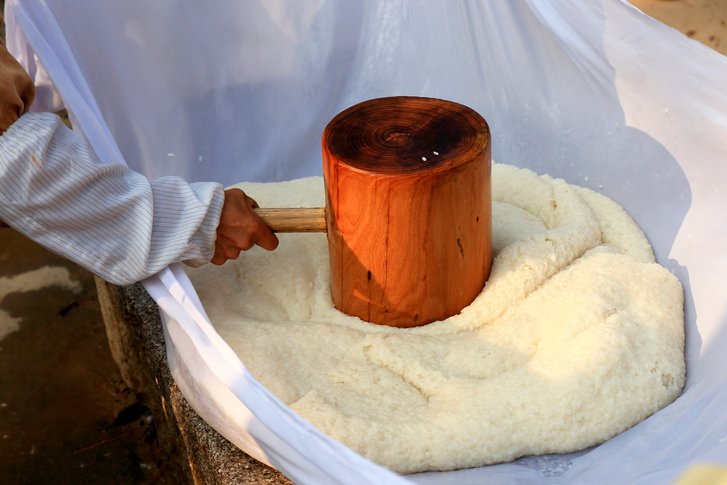
5. 섣달그믐이면 나갔던 빗자루도 집 찾아온다.
On New Year’s Eve, even the broom comes back to the house.
This is a proverb that means that on New Year’s Eve, we retrieve all the small items that were lent to someone else’s house and bring them back.
On New Year’s Day, there is a custom of clearing things up as part of preparations for the new year. For example, transactions that took place during the year are concluded, and those who owe debts are paid off on this day without the year remaining. Therefore, people who owe money or have given goods on credit must go out and collect them on this day, and if debts are not received after midnight, they must be forgiven or not be requested until the 15th day of the first month.
A broom is a valuable agricultural tool, and there is a popular belief that if you throw away a broom that has dirt from people’s hands on it, it turns into a goblin and harms people. So, there is a folklore that says you should keep things that are dirty from your hands and burn them on the night of New Year’s Eve. And when you sweep a broom, you should sweep inward. If you sweep outward, it is believed that good luck will run away. The broom, which has such strong magical properties, was compared to a spiritual object and made into a proverb. Meanwhile, there is a proverb with a similar meaning that says, ‘섣달그믐이면 모지랑비도 제 집 찾아온다.’
6. 섣달이 열아홉이라도 시원치 않다.
Even if there are 19 섣달, it’s not good.
It is a proverb that means that no matter how much time is extended, there is no hope of accomplishing something or making it happen.
섣달 is the last month that ends the year. As it was the month to end the old year and welcome the new year, it was customary to pay off remaining debts on the last day of the year, but it was customary not to demand or repay any debts not received by this day until the 15th day of the first month. Meanwhile, it is said that the old maid who could not get married on this day is given a lot of dog food, out of anger after spending a whole year without being able to get married. In this way, the 섣달 is the time to end everything, and this proverb that it is not easy even if there are nineteen 섣달 is an expression that emphasizes that it is difficult to achieve even if the end of the end is given nineteen times, so it cannot be accomplished.
And a proverb with a similar meaning is ‘섣달이 둘이라도 시원치 않다.’ This is also a saying used when talking about an eventful life. This proverb says that even if the 섣달 lasts several times, it is not enough. It means that if you were to lie down on the evening of December, the longest night, and talk about your situation and everything you have experienced so far, you would not have enough nights.
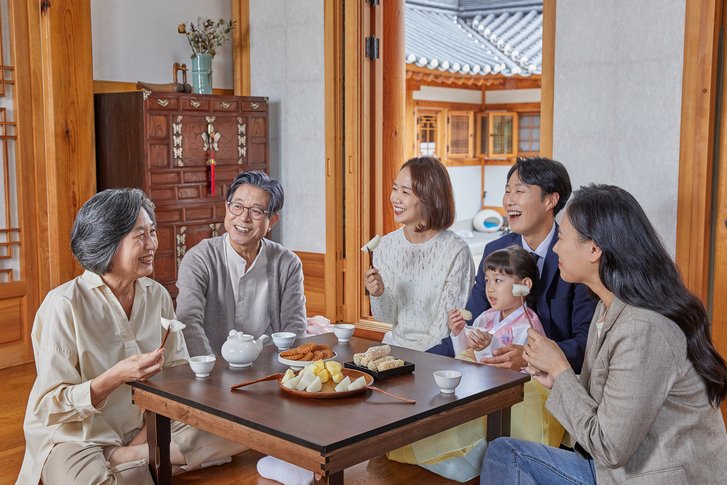
Conclusion
As we delve into the world of Korean proverbs surrounding “섣달그믐,” the wisdom encapsulated in these age-old sayings becomes a cultural treasure. Each proverb offers a glimpse into the intricate tapestry of Korean life, providing lessons on preparation, generosity, pragmatism, and resilience. 섣달그믐 is not just a time of festivity; it’s a canvas where tradition meets the challenges of life, and proverbs guide the way.

